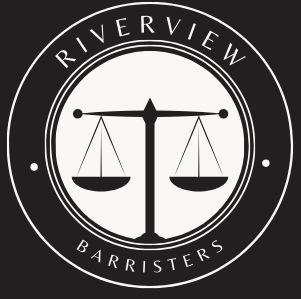Family court judges assist families with important legal matters. This may include helping decide where children live and who they spend time with; additionally they assist families dealing with divorce and child abuse issues.
Family court laws and rules establish how cases are filed, who is allowed to participate, and how judicial officers make decisions about each case (including appeals). They apply equally to every aspect of family litigation.
It offers a range of services and resources
The Family Court is a specialized court that specializes in cases relating to children and families, such as custody and visitation issues, abuse and neglect, child protective proceedings, adoptions, juvenile delinquency cases as well as juvenile delinquency cases. Additionally, this court handles contested custody matters, orders of protection and terminations of parental rights.
The court offers many services and resources, such as providing legal representation to those who cannot afford it, mediation (where an impartial third-party facilitates private and confidential agreements between two or more parties), self-help centers with educational materials on legal procedures, mediation, mediation services and mediation; mediation as a process by neutral third parties helps parties to come to agreements privately). Additionally, mediation services allow parties to reach private settlement agreements.
The court also manages programs to support families and the communities they serve, such as family counseling and substance abuse treatment. These programs are typically run via contracts between the court and private providers that present challenges when it comes to maintaining effective oversight over service provision; additionally, courts must devise strategies for connecting these services to community resources.
It makes decisions that are in the best interest of children
Courts follow a standard known as the best interest of the child when making decisions regarding child custody cases and other legal arrangements that involve children, such as legal arrangements that involve them living at home with parents. This requires them to consider all factors relevant to ensuring a child’s safety, wellbeing and development – from physical environments within homes such as physical environments relating to family relationships to emotional atmosphere and relationships among family members.
Judges take allegations of domestic violence and other forms of abuse very seriously, often restricting parental access if they suspect it may be occurring.
Courts also conduct an analysis of a family’s financial circumstances, taking into account both parents’ incomes and any assets held in both names. Individuals involved in certain proceedings such as custody battles or orders of protection can receive free legal representation; however, some opt to represent themselves in such matters instead.
It offers options for resolving disputes
Family law disputes can be resolved using various approaches. Litigation and mediation both offer expensive, time-consuming ways of settling issues; both may also provide opportunities to address conflicts confidentially. At Darren M. Shapiro & Associates we have extensive experience helping clients navigate family court processes so they can present their cases successfully.
The court handles private cases relating to children and family finances, including issues like divorce, separation and child custody disputes as well as issues like restraining orders or property division.
If a dispute cannot be settled informally, family court may become necessary by filing an application. Prior to attending any hearings in family court it’s recommended to attend a MIAM (Mediation Information and Assessment Meeting). However if this cannot be attended for any reason you may request an exemption and still be heard by a judge; you can even hire private judges as mediators if needed to help speed things along faster.
It allows people to file their own cases
When an agreement cannot be reached, individuals can turn to family court. By applying, individuals seek help with specific issues like child custody or financial orders from the court. Attending a Mediation Information and Assessment Meeting (MIAM) before attending court hearings.
Family courts also oversee cases of abuse and neglect, issuing protective orders or referring an elderly individual for guardianship, as well as making decisions regarding name changes, emancipation cases for minors, name changes or name erasure, as well as overseeing same-sex marriage which is legalized in some states.
People involved in Family Court proceedings usually qualify for free legal representation; however, it’s still wise to hire a private attorney in order to ensure your case is handled effectively. Furthermore, always consult an experienced lawyer prior to filing any type of petition before filing it with the Family Court.
